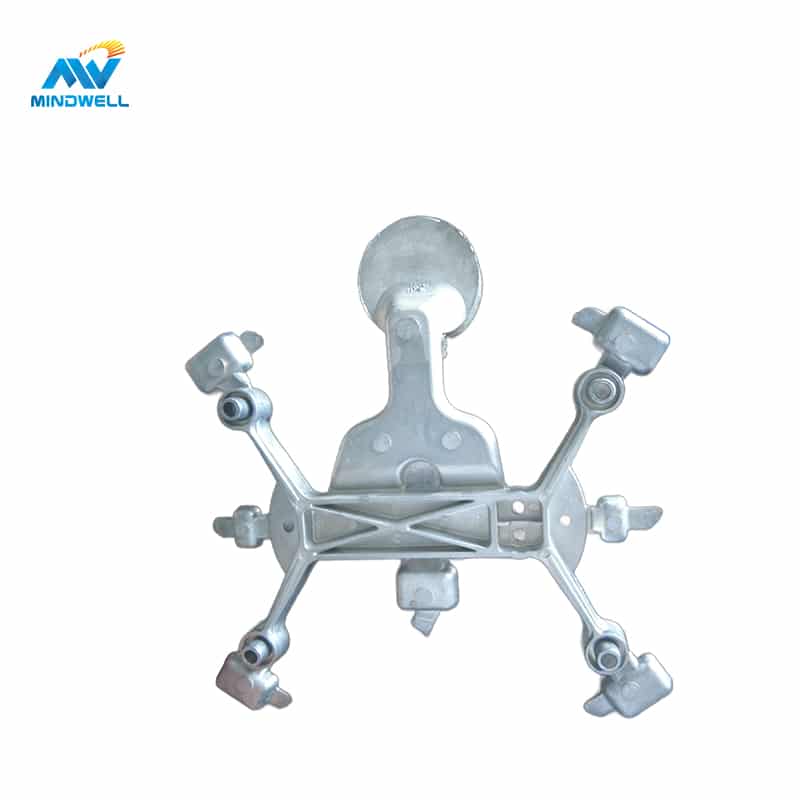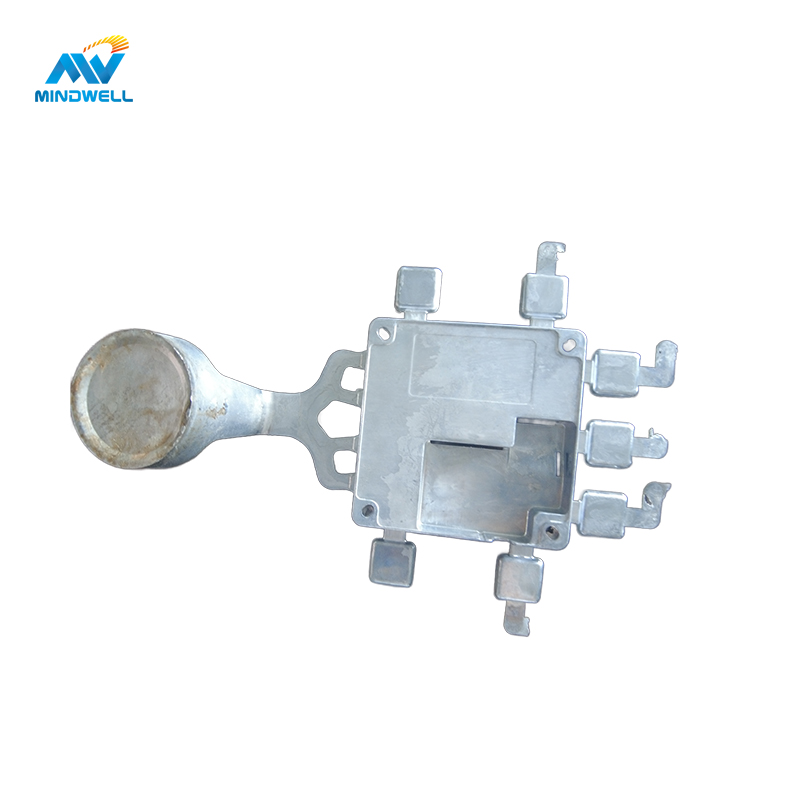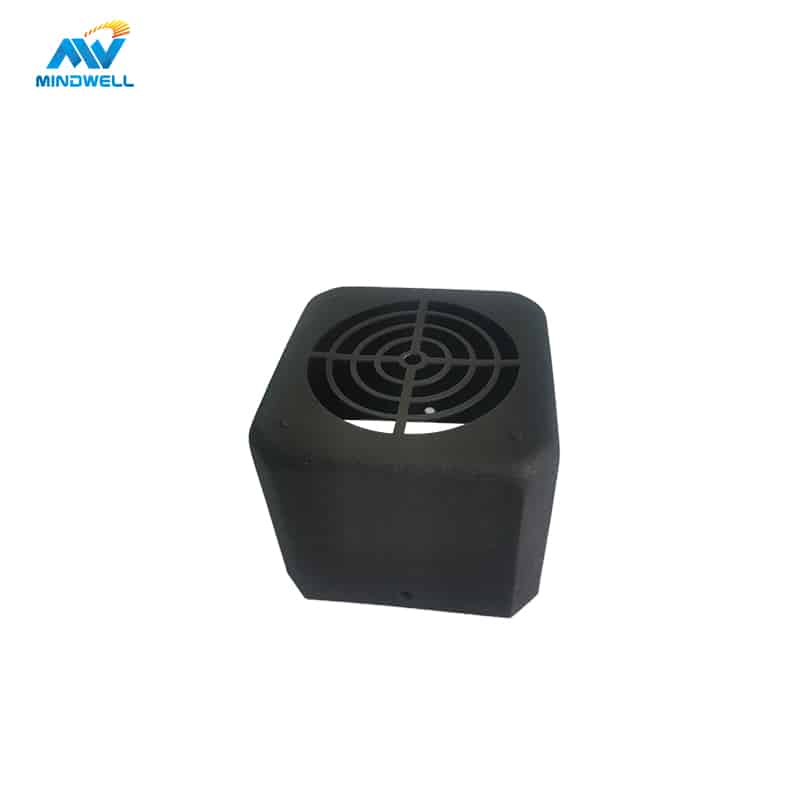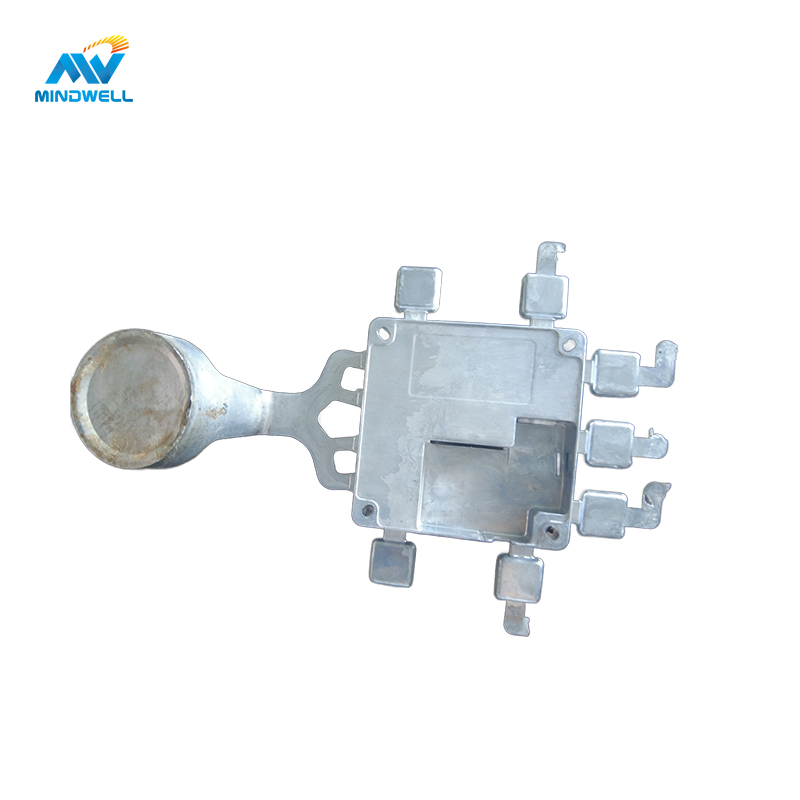Aluminum cast components are an important component in many industries, including automotive, aerospace and industrial manufacturing. The use of aluminum in cast components has increased significantly over the years due to its excellent properties such as light weight, high strength and corrosion resistance. In this blog post, we’ll explore the process of casting aluminum components, their benefits, and their applications across various industries.
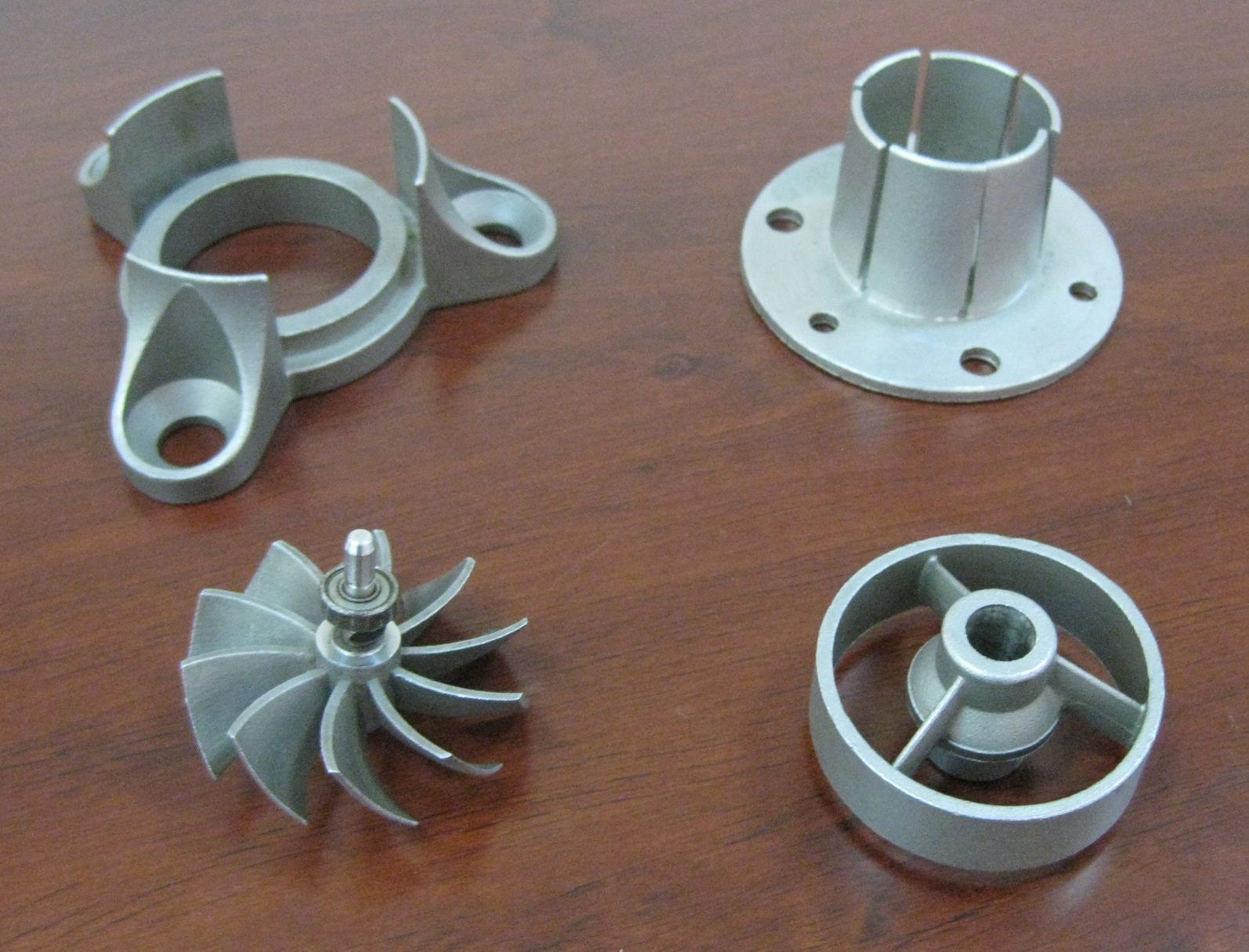
The aluminum casting procedure
Aluminum casting involves melting the metal at high temperatures and pouring the molten metal into molds. Molds are meticulously built to generate the exact component form. The mold is opened and the component is removed once the molten metal has cooled and hardened. The final product can then be treated further to eliminate rough edges, enhance surface smoothness, and add any other features that are required.
Advantage
One of the primary benefits of employing aluminum cast components is their low weight. Because aluminum is one-third the weight of steel, it is an ideal choice for situations where weight is an issue. Aluminum’s lightweight qualities make it suitable for the automobile and aerospace sectors, where it improves fuel efficiency and aircraft performance.
Aluminum castings have a high strength-to-weight ratio, making them ideal for applications requiring great strength. Aluminum components are appropriate for industrial applications because they can endure severe pressure, stress, and vibration.
Aluminum is corrosion resistant in addition to being lightweight and sturdy. Because it does not rust, it is resistant to environmental components such as moisture, salt, and chemicals. This property makes it appropriate for outdoor and maritime applications that are subjected to extreme environments.

Aluminum Cast Parts: Applications
Aluminum cast pieces are utilized in several applications. Aluminum is utilized in engine components, wheels, and suspension systems in the car industry. Aluminum castings are utilized in the aerospace sector for aircraft components such as structural components, gearboxes, and landing gear. Aluminum castings are utilized in a variety of industrial applications, including pumps, valves, and electrical equipment. Aluminum’s flexibility makes it perfect for a wide range of applications and industries.
In conclusion, because to their light weight, high strength, and corrosion resistance, aluminum cast components have become an essential element of many sectors. metal casting is the process of melting metal and pouring it into molds to obtain the desired component shape. Aluminum castings are widely employed in a variety of sectors, including automotive, aerospace, and industrial manufacture. We anticipate further advancements in the area as aluminum casting technology evolves, making this an exciting time for the aluminum business.


